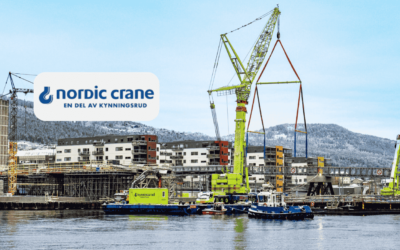How complex can the skills challenges in the construction industry be?
Related posts
From complex processes to simpler everyday life for Nordic Crane
Nordic Crane took a significant step towards the future in 2012 when they entered into an agreement with 4human to implement...
This is how Brønnøy Kalk wants to simplify and improve the everyday lives of its employees
Brønnøy Kalk took an important step towards a more digital and simplified everyday life in 2023 when they entered into an agreement with 4human to implement...
The minimum requirements for employment contracts are now being extended: Here's what you need to have in place
From July 1, 2024, new rules for employment contracts will come into force, which will affect both new and existing employment contracts....



